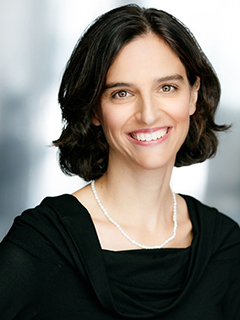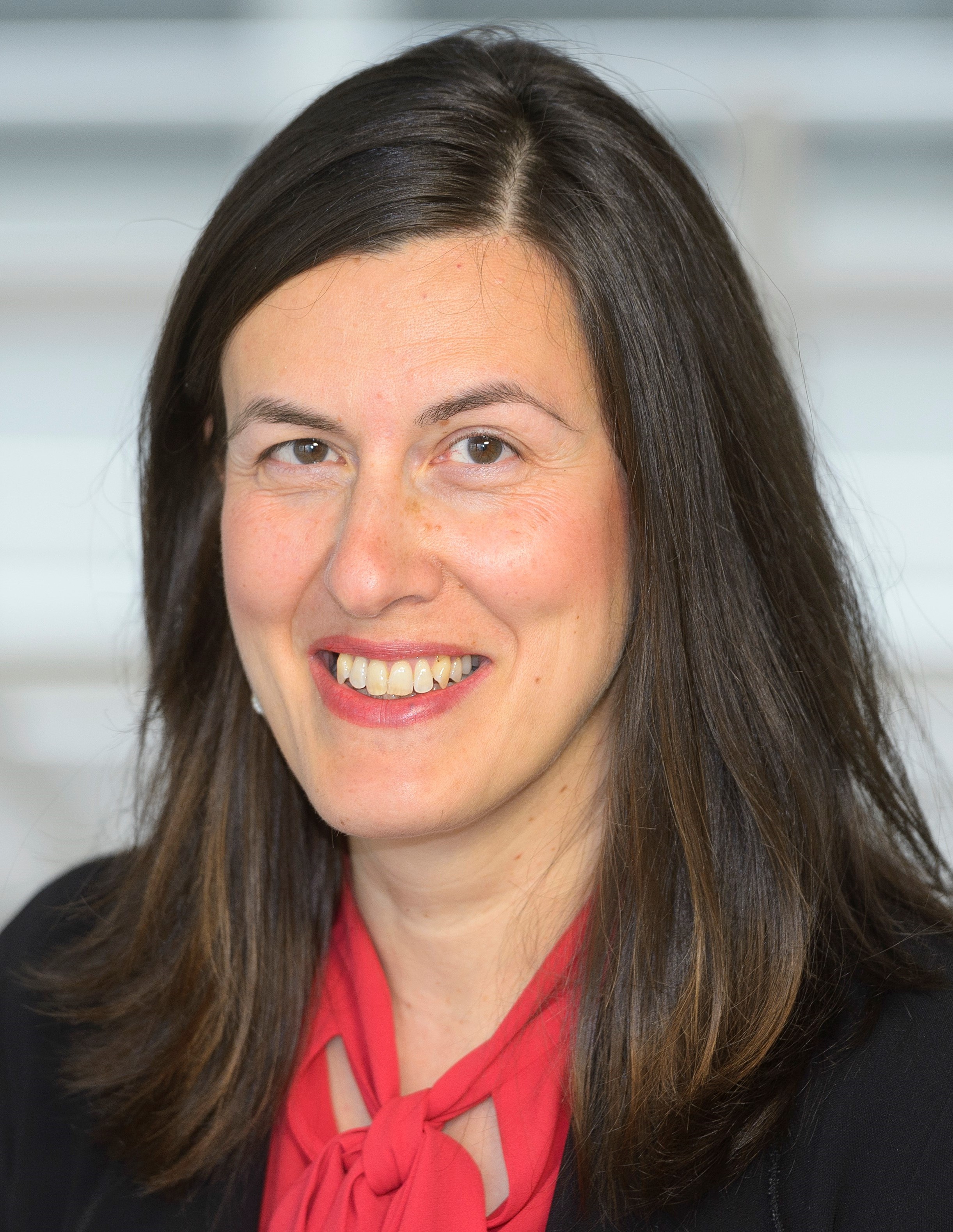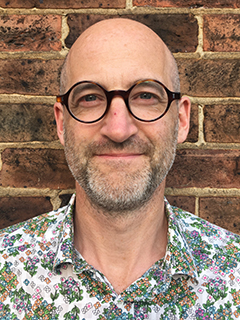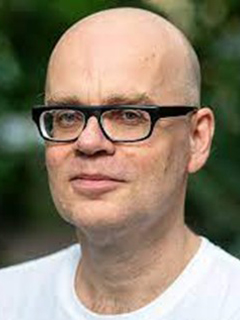Prof. Dr. Chiara Daraio
Affiliation: California Institute of Technology, USA
Title of the talk: Bioinspired design of irregular architected materials with programmable properties
Short Abstract: Biomaterials present microstructures that are geometrically irregular, but lead to optimal functional properties. However, most microstructures in man-made, architected materials 10 have been designed as periodic repetitions of selected geometrical motifs. The ability to design irregular microstructures, characterized by stochastic and non-periodic architectures, will expand the range of properties achievable in materials and further the fundamental understanding of structure-property relationships. Inspired by the growth process of biomaterials, we present a framework to design irregular architected materials that allows independent control of the 15 microstructure’s topology and geometry. We demonstrate the ability to tune elastic properties in 2D and 3D, by defining a probabilistic relationship between growth rules and mechanical behavior. Realizations of such materials display robustness against damage and controllable response to external loading.
Short bio: Chiara Daraio is the G. Bradford Jones Professor of Mechanical Engineering and Applied Physics at Caltech. She received her undergraduate degree in Mechanical Engineering from the Universita' Politecnica delle Marche, Italy (2001) and her M.S. (2003) and Ph.D. degrees (2006) in Materials Science and Engineering from the University of California, San Diego. She joined the Aeronautics and Applied Physics departments of the California Institute of Technology (Caltech) in fall of 2006 and was promoted to full professor in 2010. Between 2013-2016, she served as the chair of Mechanics and Materials at ETH Zürich. Chiara received numerous awards, among them, a Presidential Early Career Award from President Obama (PECASE) and an ONR Young Investigator Award. She was selected as a Sloan Research Fellow and she is a winner of the NSF CAREER award, of the Richard Von Mises Prize and of the Hetenyi Award from the Society for Experimental Mechanics. She was nominated by Popular Science magazine among the "Brilliant 10". She serves as a Board Editor for Science (AAAS) and as an Associate Editor for the journals Multifunctional Materials (IOP), Matter (Cell Press) and Frontiers in Materials (Frontiers).




